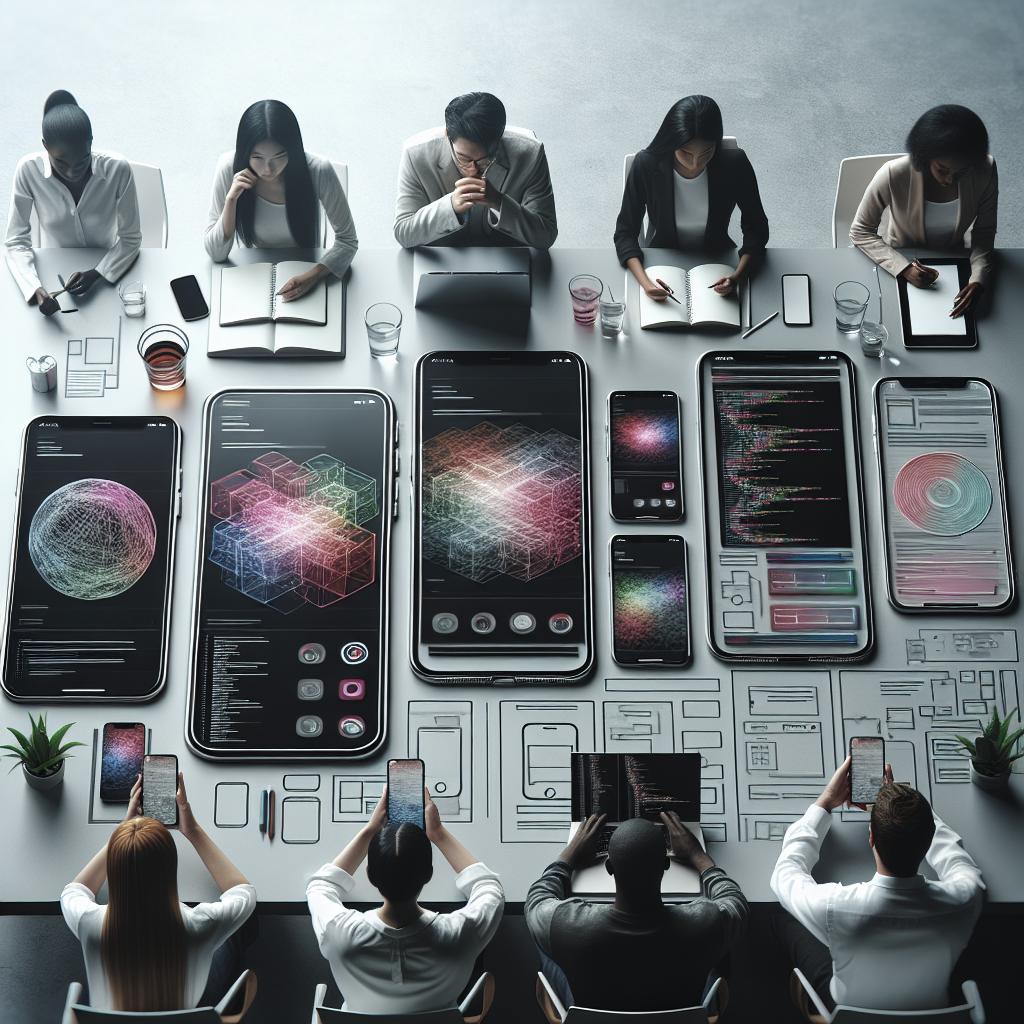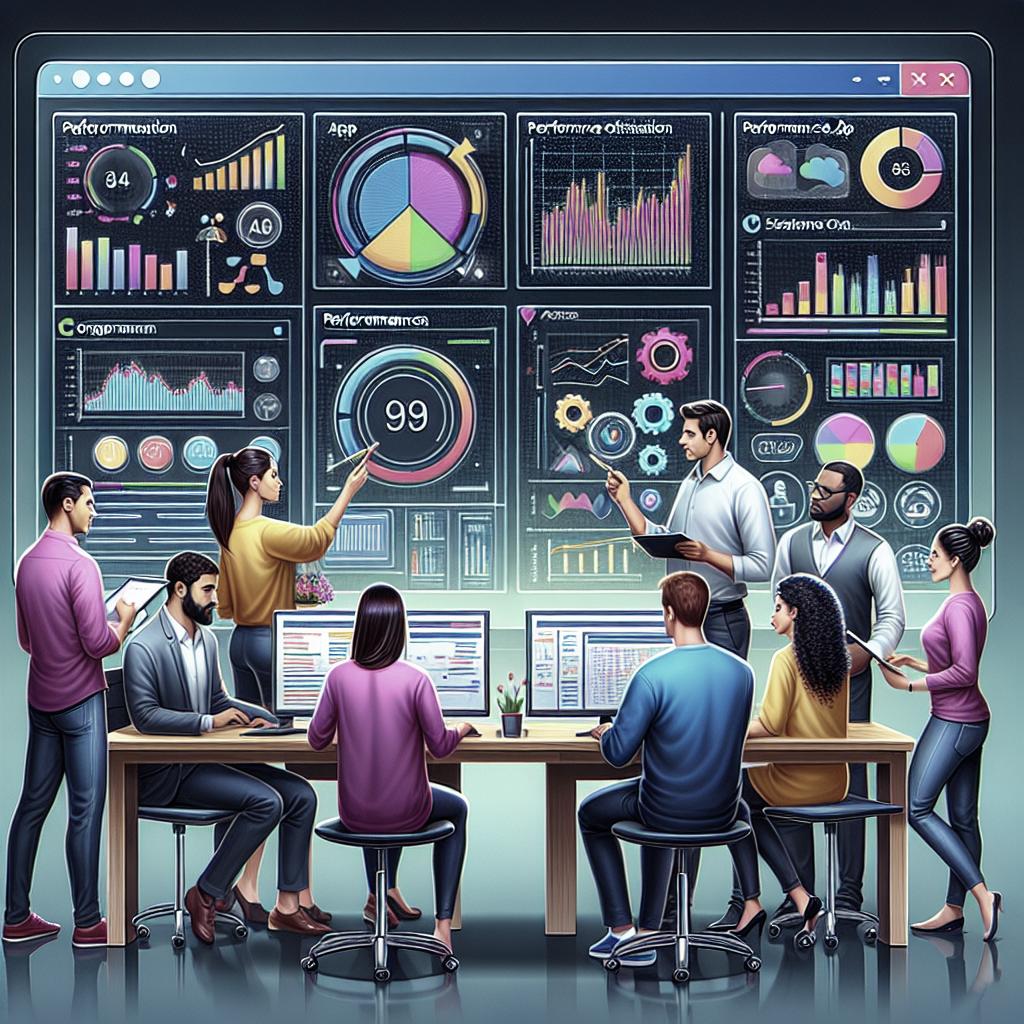Blockchain Technology in Mobile Apps
Blockchain technology has rapidly transcended its cryptocurrency origins, significantly impacting mobile app development across various sectors. From boosting security to enabling decentralized payment systems, blockchain’s potential in mobile applications is game-changing. This article explores how blockchain is utilized across different industries, highlighting key applications and their benefits. By diving into areas like money transfer, smart contracts, IoT, healthcare, logistics, and more, we’ll understand blockchain’s transformative role. Furthermore, sectors such as government, media, and NFTs illustrate the diverse applications of blockchain technology in modern mobile ecosystems. As we explore these areas, readers will gain insight into the convergence of blockchain and mobile app technology, preparing for future innovations.
Top Blockchain Applications To Know
Blockchain technology, originally synonymous with cryptocurrency, has expanded its horizon to become a cornerstone in various fields. The emergence of mobile applications leveraging blockchain reflects its versatility and potential. With a decentralized structure and enhanced security mechanisms, blockchain offers solutions to longstanding challenges across industries.
From enabling transparent financial transactions to fortifying data security, blockchain’s applications in mobile apps promise innovation. By understanding its current uses, stakeholders can envisage future possibilities, ensuring they remain at the forefront of technological advancement.
Blockchain in Money Transfer
Block
Block has revolutionized the way we think about transactions, integrating blockchain seamlessly into mobile platforms. By ensuring secure, instantaneous money transfers, Block helps reduce fraud and lowers transaction costs. Its decentralized ledger system guarantees transparency, fostering trust between users.
Through mobile apps leveraging Block’s technology, users experience simplified international money transfers without the traditional banking delays and fees. The flexibility and reliability offered are reshaping the global finance landscape, making efficient money transfers more accessible.
JPMorganChase
JPMorganChase has embraced blockchain technology to enhance their money transfer services, particularly through their digital currency, JPM Coin. This allows corporate clients to experience real-time, secure transactions. By incorporating blockchain into their mobile app offerings, JPMorganChase is setting a precedent in the banking industry.
The institution also utilizes blockchain for internal use, optimizing ledger transparency and improving regulatory compliance. These improvements demonstrate blockchain’s potential to revolutionize traditional banking systems, ensuring JPMorganChase maintains its industry-leading status.
Cash App
Cash App leverages blockchain to offer seamless Bitcoin transactions directly from users’ mobile devices. With an intuitive interface, users can buy, sell, and store cryptocurrencies, making digital finance accessible to a broader audience. This blockchain integration assures users of transaction security and transparency.
Incorporating blockchain allows Cash App to minimize transaction fees, a significant advantage over conventional banking methods. The ease with which blockchain is embedded within the app demonstrates its versatility and potential for widespread adoption.
Chainalysis
Chainalysis stands at the forefront of blockchain analytics, utilizing its technology to provide mobile applications with transaction transparency and security. By decrypting complex blockchain data, Chainalysis ensures that digital money transfers are safe from illicit activities.
With an increasing reliance on mobile transactions, Chainalysis offers solutions that allow companies to verify and monitor blockchain transactions, maintaining compliance with global financial regulations.
Circle
Circle has emerged as a leader in utilizing blockchain for its digital financial services. Its app allows seamless money transfers through stablecoins, providing a reliable and transparent alternative to volatile cryptocurrencies. Blockchain ensures transaction security and real-time validation, essential features for a trustworthy platform.
This technology empowers users to manage their finances flexibly, reducing traditional banking dependencies. As blockchain evolves, Circle’s continued innovation ensures it remains a significant player in digital finance.
Blockchain Smart Contracts
Chainlink Labs
Chainlink Labs has harnessed the power of blockchain to fuel smart contracts, creating a reliable decentralized oracle network. Through mobile applications, developers can integrate Chainlink’s technology to connect real-world data with blockchain systems, powering advanced functionalities.
With smart contracts, businesses automate processes, reducing reliance on intermediaries. This ensures transparency and efficiency, vital for industries looking to modernize their operations with minimal risks.
DFINITY
DFINITY’s Internet Computer takes smart contracts to a new level, incorporating blockchain to allow mobile apps to host applications and data. This shift reduces costs and vulnerabilities associated with traditional hosting, offering scalable and secure solutions for businesses.
Mobile applications utilizing DFINITY’s technology benefit from decentralized cloud computing, ensuring data integrity and operational efficiency. As a result, DFINITY is a game-changer in how businesses deploy mobile solutions.
Google
Google’s collaboration with blockchain technologies is paving the way for enhanced smart contract functionalities in mobile apps. By incorporating Chainlink’s offerings, Google ensures its cloud services and apps can interact with blockchain data smoothly, a crucial step towards innovative data solutions.
These advancements underscore blockchain’s capability to make mobile apps more intelligent, with data accuracy and security at their core. Google’s active participation signifies blockchain’s critical role in future technology ecosystems.
BurstIQ
BurstIQ specializes in blockchain-based solutions that enable secure smart contracts for healthcare data exchange. Through their proprietary blockchain platform, mobile apps can safely manage, share, and access healthcare data, preserving patient confidentiality and data integrity.
This technology empowers patients with control over their healthcare data, creating transparent interactions. BurstIQ’s innovative approach signifies a substantial shift towards patient-centric healthcare solutions, bolstered by blockchain.
Blockchain and IoT
Xage Security
Xage Security is pioneering blockchain security for IoT environments. With mobile apps connected to a decentralized security fabric, devices can communicate securely, ensuring that data integrity and privacy are preserved across IoT networks.
The incorporation of blockchain in IoT through Xage’s innovative solutions addresses vulnerabilities, protecting critical infrastructure industries while enabling seamless IoT operations.
Helium
Helium introduces a decentralized wireless network for IoT devices, utilizing blockchain technology to connect and communicate efficiently. With their mobile app, users can manage devices, monitor usage, and earn rewards for network support, fostering a cooperative digital landscape.
Blockchain ensures data security and provides transparency in transactions, crucial when managing vast numbers of IoT devices. Helium’s model showcases a promising future for blockchain in IoT, driving innovation and user engagement.
Blockchain Security
The rise of cyber threats has positioned blockchain as a pivotal security solution in mobile applications. Its decentralized nature makes data tampering nearly impossible, offering superior protection compared to centralized systems.
With blockchain technology, mobile apps can safeguard sensitive data, maintaining user privacy. This extends to secure communication channels, ensuring that users can operate with confidence in digital environments. Blockchain’s security measures lay a foundation for robust cyber defense strategies.
Blockchain in Healthcare
Novo Nordisk
Novo Nordisk has integrated blockchain into healthcare solutions to streamline data management and enhance patient care. Their mobile applications ensure transparent, interoperable health data exchange, fostering an environment of trust and collaborative care.
With blockchain technology, Novo Nordisk promises improved patient outcomes through efficient data utilization. This transformation illustrates blockchain’s capability to revolutionize healthcare solutions, making them more patient-centric and reliable.
Avaneer Health
Avaneer Health implements blockchain to create secure, interconnected health networks through mobile apps. By decentralizing data, healthcare providers can access complete records easily, ensuring accurate treatments and diagnoses.
Blockchain facilitates seamless data transfers, reducing administrative burdens and fostering efficient healthcare solutions. Avaneer Health exemplifies blockchain’s potential to refine healthcare delivery, benefiting providers and patients alike.
Blockchain Logistics
Oracle
Oracle’s blockchain solutions empower mobile logistics apps with real-time tracking, offering transparency across supply chains. By integrating blockchain, Oracle enhances shipment accuracy, reducing delays and mitigating fraud risks.
The technology ensures operational consistency, making it invaluable for industries depending on seamless logistics. Oracle continues to set benchmarks in logistics management, leveraging blockchain’s capabilities to deliver efficient solutions.
Chain.io
Chain.io employs blockchain to unify supply chain data, allowing logistics mobile apps to operate efficiently. This approach provides end-to-end visibility, meaning stakeholders can access and update data securely and transparently.
By reducing information silos and improving data exchange, Chain.io helps companies optimize supply chain operations, ensuring timely deliveries and satisfied customers.
DHL
DHL uses blockchain to fortify logistics while providing insights via mobile applications. With increased visibility and tracking capabilities, DHL’s blockchain strategy enhances operational efficiency, setting industry standards.
This approach demonstrates blockchain’s potential to streamline logistics processes, reducing costs and delivering exceptional customer experiences through reliable information access.
Blockchain and NFTs
Dapper Labs
Dapper Labs has pioneered NFT adoption through blockchain, developing mobile platforms that allow users to trade digital assets securely. Their blockchain ensures that NFT transactions are transparent and verifiable, building trust in the digital asset space.
The explosion of NFTs has transformed how digital ownership is perceived, with Dapper Labs endorsing blockchain as a vital component for sustainable growth in this new frontier.
OpenSea
OpenSea’s marketplace utilizes blockchain technology to facilitate NFT transactions, offering mobile users an avenue to explore, buy, and sell digital assets. Blockchain assures users of authenticity and transparency, cementing trust in the ecosystem.
The integration of blockchain in OpenSea’s app signifies a shift towards decentralized markets, challenging traditional asset trading models and democratizing ownership on a global scale.
Blockchain in Government
Kaleido
Kaleido has introduced blockchain solutions tailored for government operations, enabling secure, transparent data management via mobile platforms. This fosters accountability and efficiency in governmental processes, enhancing public trust.
Through blockchain, governments can streamline operations, ensuring data consistency and reducing inefficiencies. Kaleido exemplifies how technology can fortify public sector functionalities.
Follow My Vote
Follow My Vote aims to employ blockchain in elections, ensuring secure and transparent voting processes. With mobile applications, they hope to facilitate voter participation, enhancing democracy’s foundations.
Blockchain technology enables tamper-proof records, guaranteeing fair election outcomes and reinforcing public confidence. Follow My Vote’s initiative highlights blockchain’s potential in safeguarding democratic processes.
VOATZ
VOATZ has explored blockchain for mobile voting, offering solutions that blend accessibility with security. Their technology allows voters to participate securely from their devices, broadening electoral engagement.
Blockchains’ transparency offers assurances of vote integrity, positioning VOATZ as a pioneer in innovative, secure electoral solutions.
Blockchain in Media
Madhive
Madhive utilizes blockchain to secure advertising data, ensuring transparency and accuracy in data transfers within mobile media platforms. This innovative approach mitigates fraud risks while enhancing audience targeting.
Blockchain empowers advertisers with trustworthy data, optimizing ad spends and ensuring genuine engagement. Madhive’s adoption of blockchain showcases its utility in refining modern media ecosystems.
Summarizing Blockchain Applications
The tables below summarize key insights from various blockchain applications in multiple sectors.
| Sector | Application | Key Focus |
|---|---|---|
| Money Transfer | Block, JPMorganChase, Cash App, Chainalysis, Circle | Secure and transparent financial transactions |
| Smart Contracts | Chainlink Labs, DFINITY, Google, BurstIQ | Automated and secure business processes |
| IoT | Xage Security, Helium | Secure device communication |
| Healthcare | Novo Nordisk, Avaneer Health | Data management and patient care |
| Logistics | Oracle, Chain.io, DHL | Supply chain transparency and efficiency |
| NFTs | Dapper Labs, OpenSea | Digital asset ownership and trading |
| Government | Kaleido, Follow My Vote, VOATZ | Secure, transparent administrative functions |
| Media | Madhive | Accurate, fraudulent-resistant advertising |


